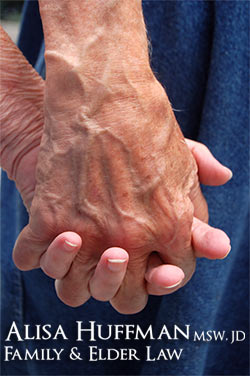Almost no one leaves my office without me asking: “If you get to a point where you need health care support, what is your plan? Where do you want to live?
In Being Mortal, Atul Gwande, a practicing surgeon and author of three bestselling books, talks about the decision that elders have to make about where they will live when they are frail and need assistance. First of all, it is not easy to admit when we become frail and need health care support. We all want to be independent as long as we can and we sometimes deny to ourselves or our family members that we need assistance. We want to stay in control of our own lives.
|
One way to stay in control of your own life is to think ahead and make general plans about your best future that is based on your resources—financial, informal and natural supports, and formal supports. A generation ago, it was understood that aging parents would either move in with their children or would keep living in their home and their children would assist them until they died there.
Gawande discusses how aging has changed, due in no small part to medical advances that have increased longevity. Seniors control their own lives longer and children often don’t live near their parents. It is often a difficult process to figure out if it is best to live at home with physical accommodations and support from aides or nurses, or live with family with support from aides or nurses, or live in an assisted living community. When a parent becomes frail, the children often make the difficult decision about where the parent will live. The decision is seen through the eyes of the child not the parent. So facilities market themselves to the children of the elderly – creating beautiful, hotel-like entryways, touting their computer labs, praising their exercise centers, and emphasizing their trips to concerts and museums. These features speak much more to what a middle-aged person desires for a parent than to what the parent does. Their biggest selling point is how safe they are.
|
 |
Gawande suggests that parents need to make their own decisions about their treatment, where they live, and how they live, until they can’t make those decisions anymore. He reminds us that the sick and aged most often have priorities beyond being safe and living longer. They want to share memories, pass on wisdom and keepsakes, settle relationships, establish their legacies, make peace with their god, and ensure that those left behind will be okay.
So, Gwande suggests starting a conversation now about where and how you want to live when you are frail, and revisiting that conversation over and over as situations change. Being in control of your life as you age starts with a conversation now.